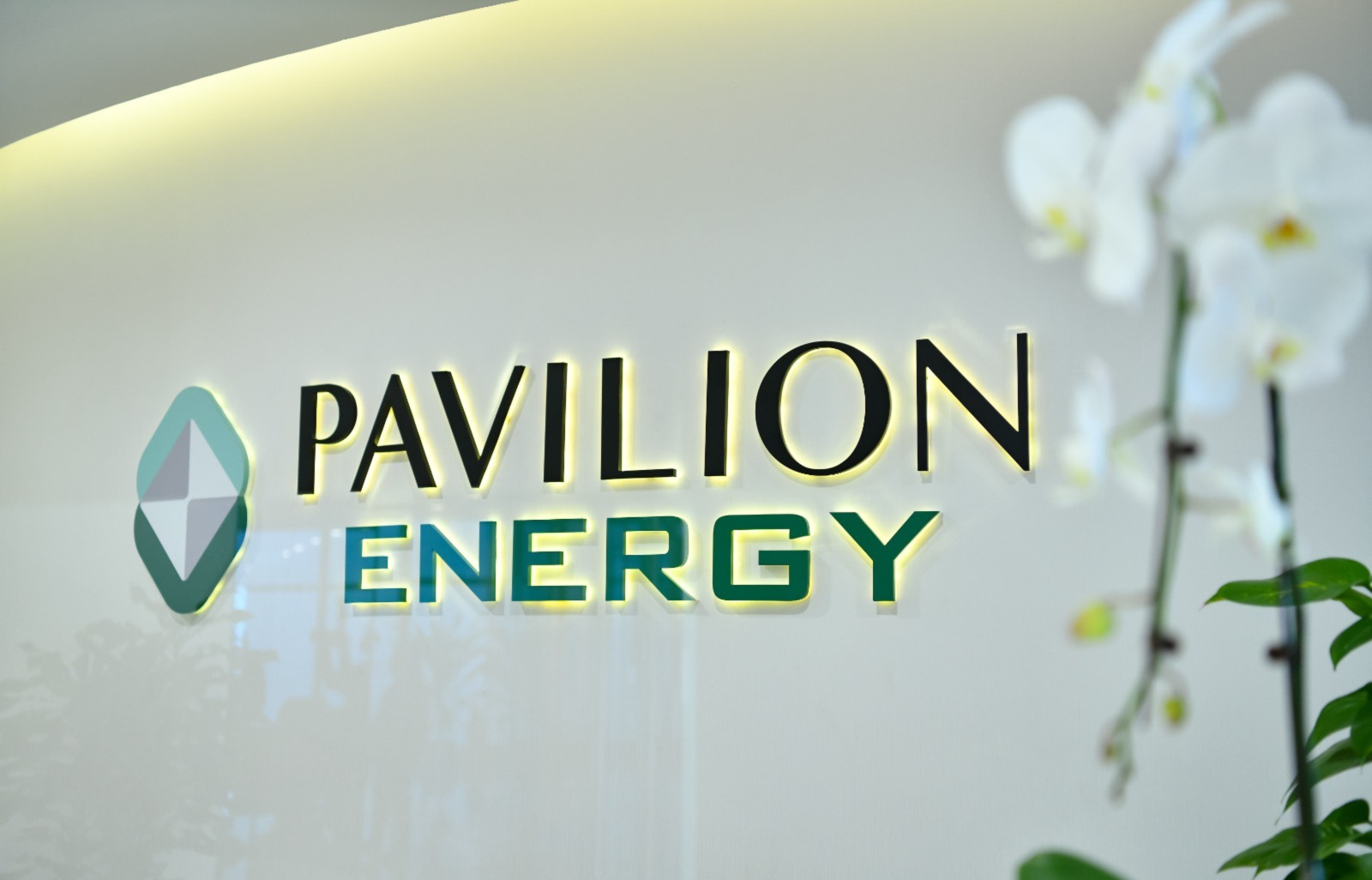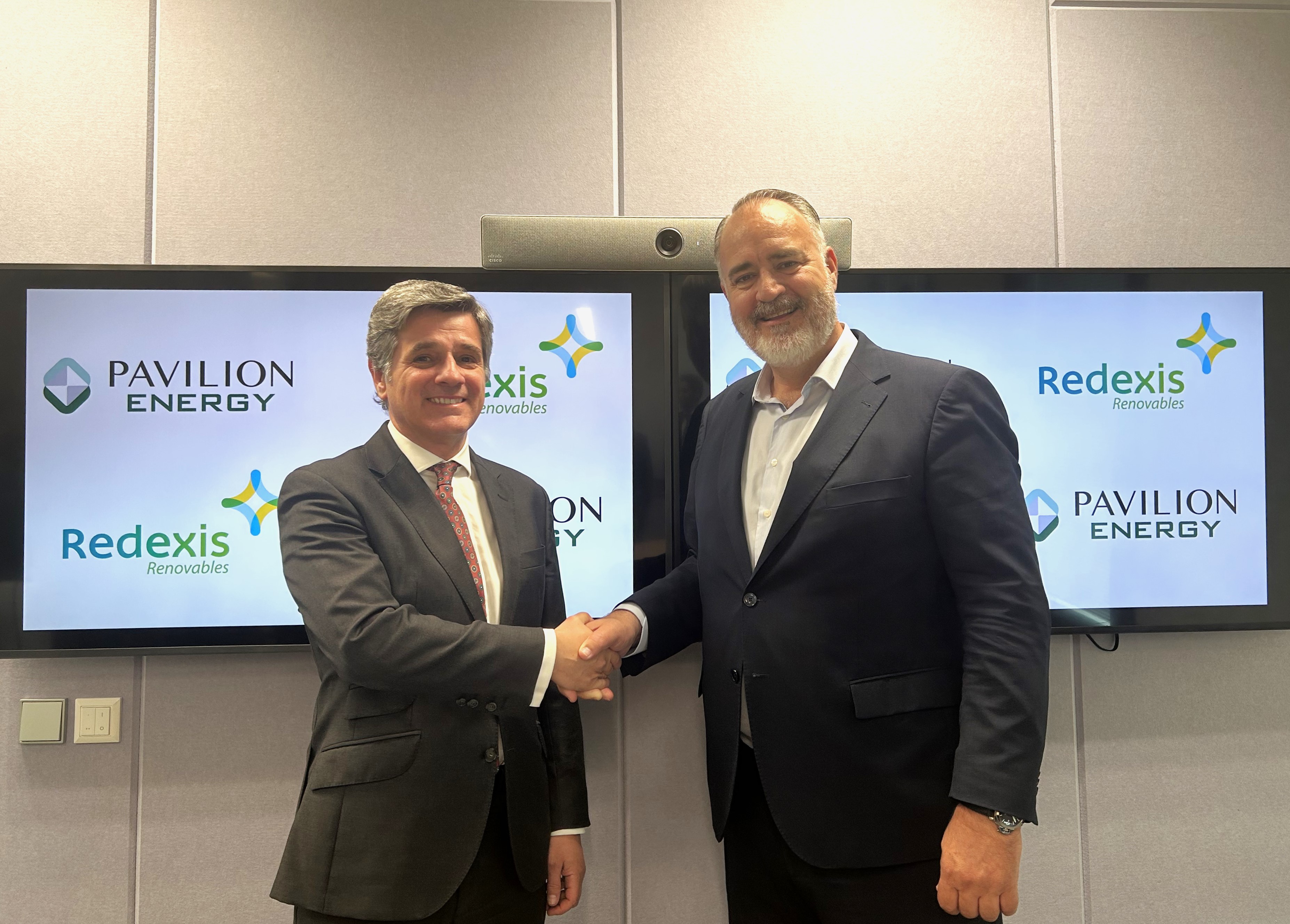Pavilion Energy and Shell have been appointed to supply Singapore with the next tranche of liquefied natural gas (LNG) needed by power plants and industries here, in a development described by market observers as a significant win for both companies given the current supply glut.
The duo were declared winners of the LNG bunkering licences following the evaluation of 12 bids received in response to a request for proposal, which closed on Sept 30.
The two companies - specifically Pavilion Gas and Shell Eastern Trading (Pte) Ltd - were selected on the basis of the reliability, flexibility and competitive pricing of their LNG supplies, said Minister for Trade and Industry (Industry) S Iswaran on Monday, noting that they also secured strong support from buyers.
"Singapore's gas consumers will benefit from the new and improved terms offered by the two companies," he said at the Singapore International Energy Week held at Marina Bay Sands.
Each company will be awarded an exclusive franchise of three years from next year, or until it has sold one million tonnes a year of LNG, whichever comes first.
Shell said it is delighted to have been appointed as one of the importers. "This appointment adds to Shell's existing import position which commenced in May 2013 and connected Singapore to the global LNG market," said Royal Dutch Shell integrated gas and new energies director Maarten Wetselaar.
BG, now part of Shell, had earlier won the exclusive right to supply up to three million tonnes a year of LNG to Singapore for up to 20 years. The group has contracted almost all its franchised volume of three million tonnes a year.
"We are now excited about the opportunity to offer new energy solutions to our existing and to new gas customers in Singapore," Mr Wetselaar said.
Pavilion Energy, a unit of Temasek Holdings, said the LNG supply portfolio of its subsidiary Pavilion Gas is complemented by its piped natural gas imports from South Sumatra in Indonesia. "This allows Pavilion Gas to optimise its natural gas portfolio and provide competitive offerings to its customers in Singapore," said a spokeperson.
Pavilion currently supplies piped natural gas that meets about 30 per cent of Singapore's gas demand across the power generation, petrochemicals, biotechnology, pharmaceutical and manufacturing industries, she added.
Four companies - Pavilion Energy, Sembcorp Industries, BG and Shell - had been shortlisted in May last year to participate in stage two of the selection process. BG and Shell's bids were later combined after the two companies merged earlier this year.
Mr Iswaran noted that the two selected companies have offered shorter term contracts and alternate price indices, such as Henry Hub and Singapore Exchange's LNG Index Group (Sling). LNG contracts have traditionally been linked to oil pricing, but various players including SGX are now vying to create LNG pricing products particularly market fundamentals for oil and LNG diverge.
Asked later whether the companies have committed to using these price indices, Mr Iswaran said he is unable to go into details due to commercial sensitivities.
"But one of the considerations in looking at the next tranche and who would finally get the award was really offering the flexibility in terms of indexation," he told reporters on the sidelines of the event. "Indeed they have put forward some flexible options and the consumers and end users have responded to those offers. I think that is a good development."
Beyond the second tranche of LNG imports, Singapore also plans to allow third party spot imports and new piped natural gas imports on a case by case basis, Mr Iswaran said in his speech.
"This will further augment the diversity of gas supply sources in Singapore, and encourage more gas-on-gas competition in the domestic market."
He later added that the government hopes to "get moving on this by some time next year".
The government had in 2006 introduced controls on the import of new piped natural gas, in order to build up demand for LNG.
While Singapore's piped natural gas contracts with Malaysia and Indonesia are due to expire around 2022, Mr Iswaran said the government would let the market decide whether to continue importing piped natural gas.
"Our end objective is secure, competitive, sustainable energy supply. What mix of gas, whether piped or LNG or spot - we would want to let the market develop an equilibrium around it," he said in response to a question on whether there would be a situation where Singapore would not import any piped natural gas. "It's also a function of who the suppliers are and the terms they are able to put on the table."






